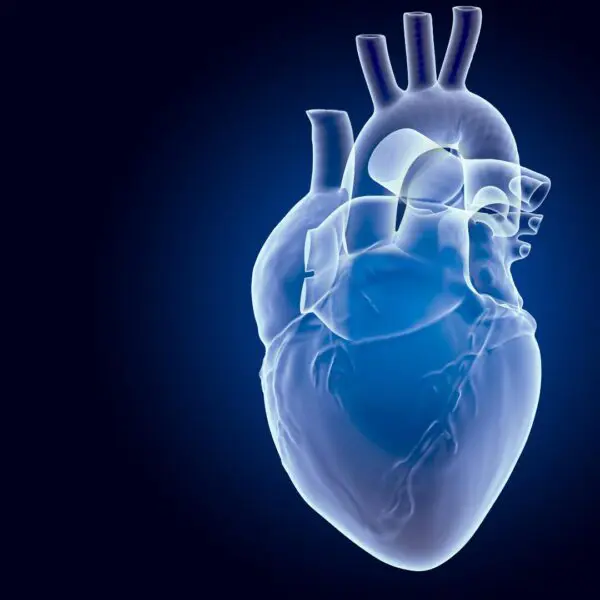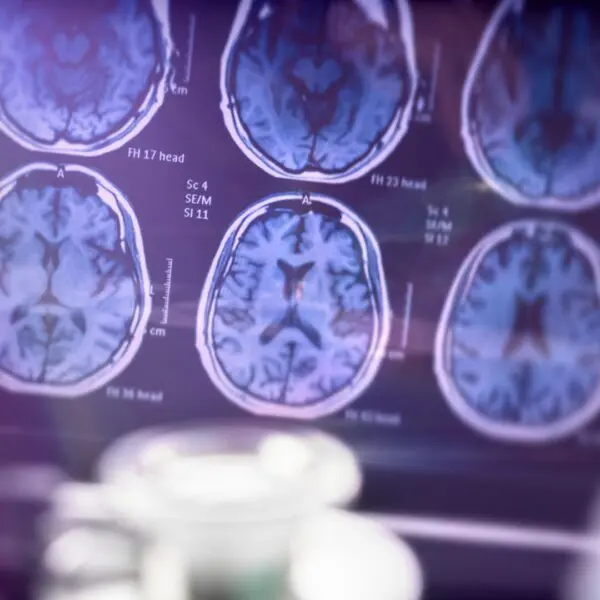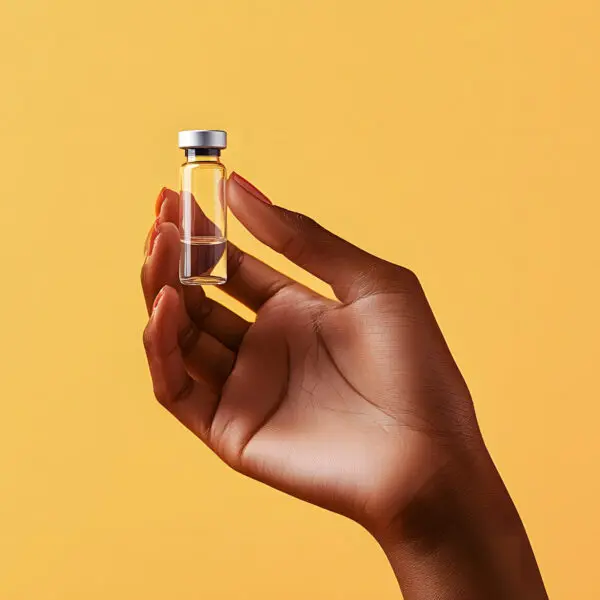One of the reasons Dr. Sinclair is so popular among regenerative medicine professionals and regular people who are simply interested in living well to extend their lifespan is because he regularly shares his findings in a way that is easy for both trained doctors and the lay person to understand.
One such area of research where Dr. Sinclair has shared his findings is the value of NAD+ on nearly every cell and function in the body.
While discussing drugs that may one day be able to slow aging on his website, Dr. Sinclair points to NAD+ as the key.
“Our work on SIRT1 led us to an exciting finding that the level of nicotinamide adenine dinucleotide (NAD+), cofactor of SIRT1, declines with age,” Dr. Sinclair writes. “We study the mechanisms by which the NAD+ level affects DNA repair and look for therapeutic targets to improve this process. In particular, we focus on delineating the biology of NAD+-depleting and producing enzymes as direct tools to control the NAD+ level in the cells toward increased health-span and improved physiological resilience.”
This finding points to the importance of maintaining optimal levels of NAD+ and how it can help lifespan as well as healthspan.
“The discovery of longevity genes showed that it is possible to greatly slow the pace of aging and disease by manipulating just one central pathway,” he writes. “This raises the possibility that we can find small molecules that can treat multiple, seemingly unrelated diseases, with a single medicine. We have an active program to develop novel molecules that raise NAD+ levels. We are testing them for their effects on aging and age-related diseases. Human clinical trials with NAD+-boosting molecules are ongoing.”
If Dr. Sinclair, his team, and other researchers around the world can continue to uncover NAD+-boosting molecules, the result on human lifespan may be groundbreaking.
Consider these:
10 Areas of the Body that NAD+ Boosting Could Help Keep Young and Healthy
- Brain & nervous system: sensory and motor function
- Liver: gluconeogenesis, fatty acid oxidation
- Vasculature: endothelial function
- Heart: cardio protection
- Lymphoid tissue: immunity and anti-inflammatory
- Reproductive organs: fertility
- Kidney: renoprotection
- Pancreas: insulin secretion
- Muscle: insulin sensitivity, fatty acid oxidation
- Adipose Tissue: lipogenesis
Imagine a world where these ten functions are constantly replenished and revitalized by healthy NAD+ levels. With the proper NAD+ treatment, the future may already be here.
For more information on Dr. Sinclair and for the source material and quotes for this post, visit: https://sinclair.hms.harvard.edu/research














